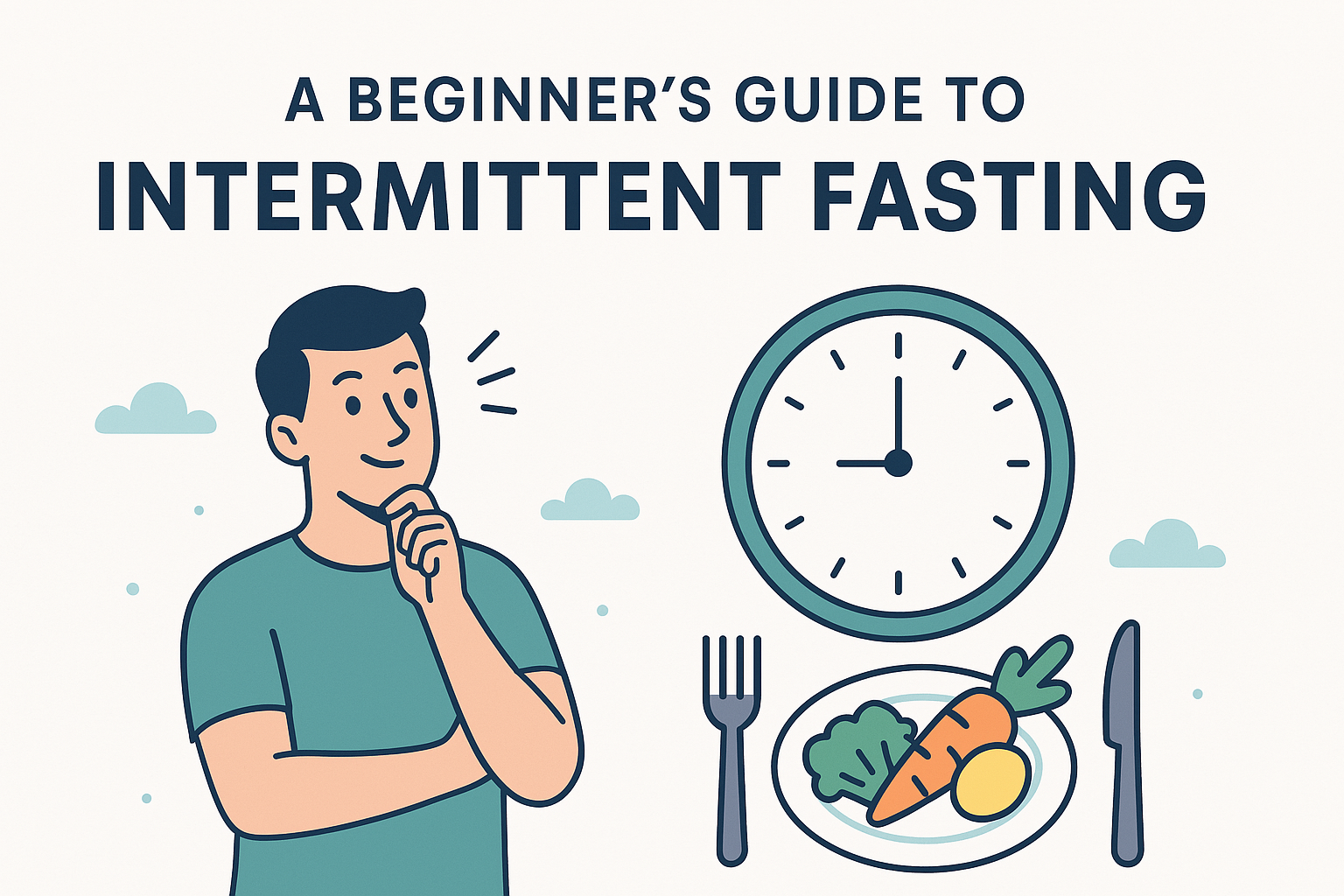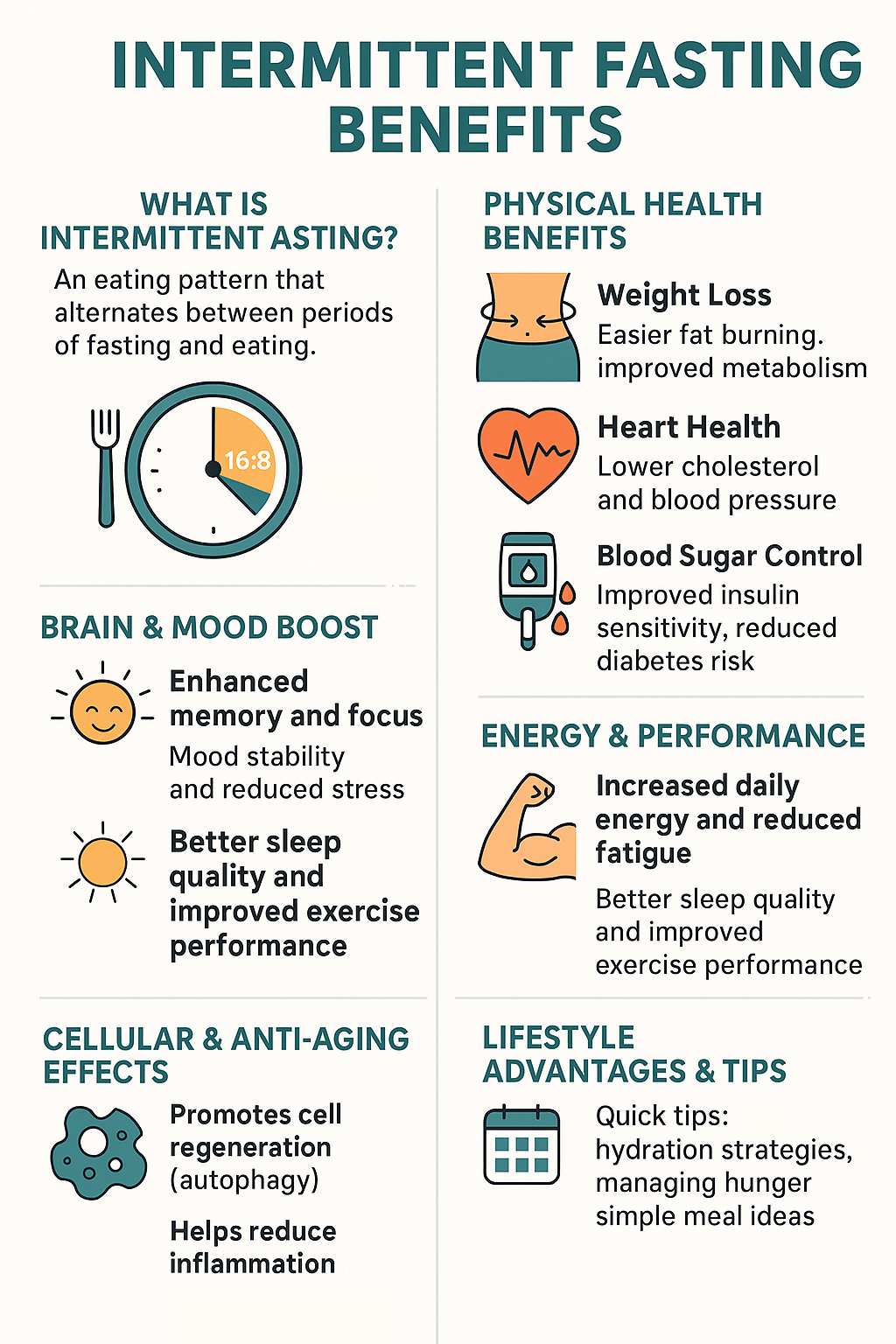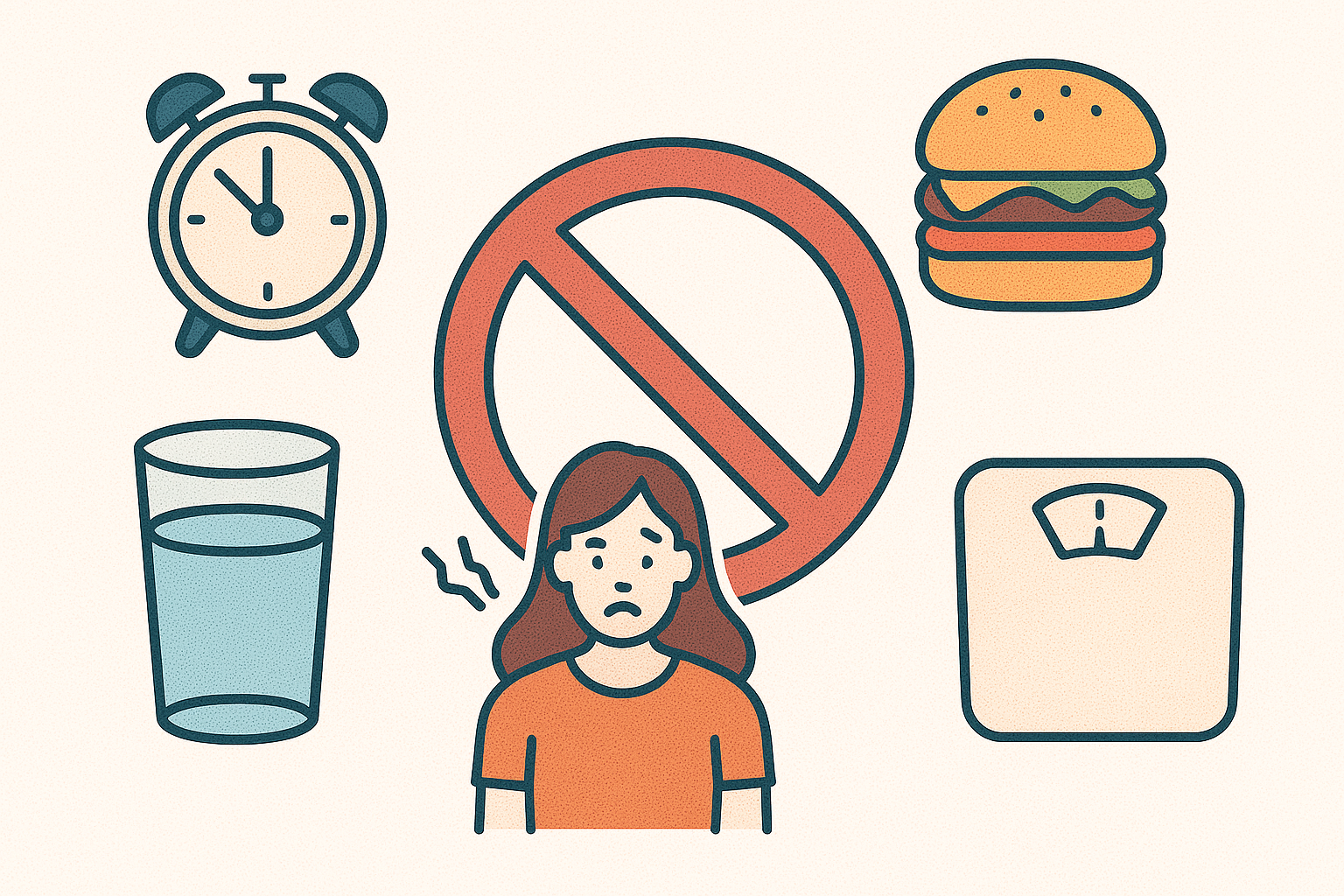A Beginner's Guide to Intermittent Fasting

You've probably heard the buzz about intermittent fasting, or IF. It's a popular approach to health and wellness, widely discussed for its potential to improve everything from weight management to overall improved metabolic health. If you're curious about what IF is all about and how to give it a try, you're in the right place.
This is not a matter of radical dieting, but eating in a different way, and knowing the science behind it makes jumping in less daunting and more empowering.
What is Intermittent Fasting, Exactly?
Intermittent fasting in its simplest form is not a diet instructing you in what specific foods to consume, but rather an eating timetable that cycles between times of eating and voluntary fasting. Our predecessors did not have access to food 24/7, so going without food for intervals of time is arguably more natural to human physiology than constantly eating. IF attempts to tap into a few of the body's ancient survival techniques in a controlled, constructive way.
What you have to keep in mind is that IF does not equate to starvation. You are still expected to eat healthy food within the set eating windows in an attempt to satisfy your body's energy and nutrient needs. You are just confining eating to a time frame.
The Science Behind the Schedule So what is going on in your body when you purposely take breaks from food? When you haven't eaten in a bit (usually after 8-12 hours), your body is depleting easily accessible glucose from your previous meal. As a substitute, it must seek fuel elsewhere.
First, your insulin levels plummet. Low insulin is usually a good thing; it tells your body to cease storing fat and begin burning it. As the fasting period gets longer, your body can enter a metabolic state in which it more easily burns stored fat for energy. This is usually the primary objective for individuals desiring weight control benefits.
Second, fasting periods can trigger a cell "cleanup" mechanism called autophagy. Think of it like an in-body recycling machine where cells are getting rid of damaged components and regenerating fresher, healthier ones. Research suggests that the process can potentially have applications towards longevity and disease prevention, though further human trials are needed to completely comprehendand its scale.
There are also hormonal adaptations, including potential increases in human growth hormone (HGH), which helps with muscle preservation and fat metabolism, during the fasting periods.
Most Popular Methods of Practicing Intermittent Fasting
There is no one "right" way to practice IF. The best way is usually the one that you can consistently follow in the long term. Here are some popular methods:
The 16/8 Method: This is usually the easiest for beginners. You fast for 16 hours of the day and limit your food intake to an 8-hour period. So, you might be able to eat between 12 pm and 8 pm, say, and fast for the other 16 hours (most of which you'll be asleep).
The 5:2 Diet: In this, you eat your regular diet for five days of the week. For the remaining two non-consecutive days, you drastically cut down on calories (usually 500-600 calories).
Eat-Stop-Eat: This consists of a complete 24-hour fast once or twice a week. You would, for example, have your dinner on Monday and then not eat again until Tuesday dinner. This may be more difficult and is generally more appropriate for individuals with some IF experience.
Tips for a Smooth Start
Beginning IF doesn't have to be a shot in the dark. Follow these steps: Start Slow: Don't assume you have to dive right into a 16-hour fast. Start with a shorter window, perhaps 12 hours (for example, 8 pm to 8 am), and work your way up as your body adjusts. Your app can be a great resource for monitoring these windows.
Stay Hydrated: The most important during fasting is to stay hydrated. Stay hydrated by drinking lots of water. Black tea and regular coffee are usually fine and can suppress appetite. Steer clear of beverages with sugar or any calories.
Prioritize Nutrient-Dense Foods: During your eating window, make each bite count. Focus on whole, unprocessed foods such as lean protein, healthy fats, vegetables, fruits, and whole grains. IF is not a license to eat junk food during your eating window.
Listen to Your Body: A little initial hunger, headaches, or weakness can occur as your body adapts. This resolves on its own normally. That said, if you're sick, dizzy, or truly weak, shorten your fast or break. IF should feel sustainable, not punitive.
Be Patient and Consistent: As with any new habit, it takes time to get used to IF. Consistency is better than perfection. Important Considerations Intermittent fasting is safe for most individuals, but not for all. You ought to speak with your physician or registered dietitian prior to beginning IF, particularly if you: Have diabetes or issues with blood sugar control. Are pregnant, breastfeeding, or attempting to get pregnant.


